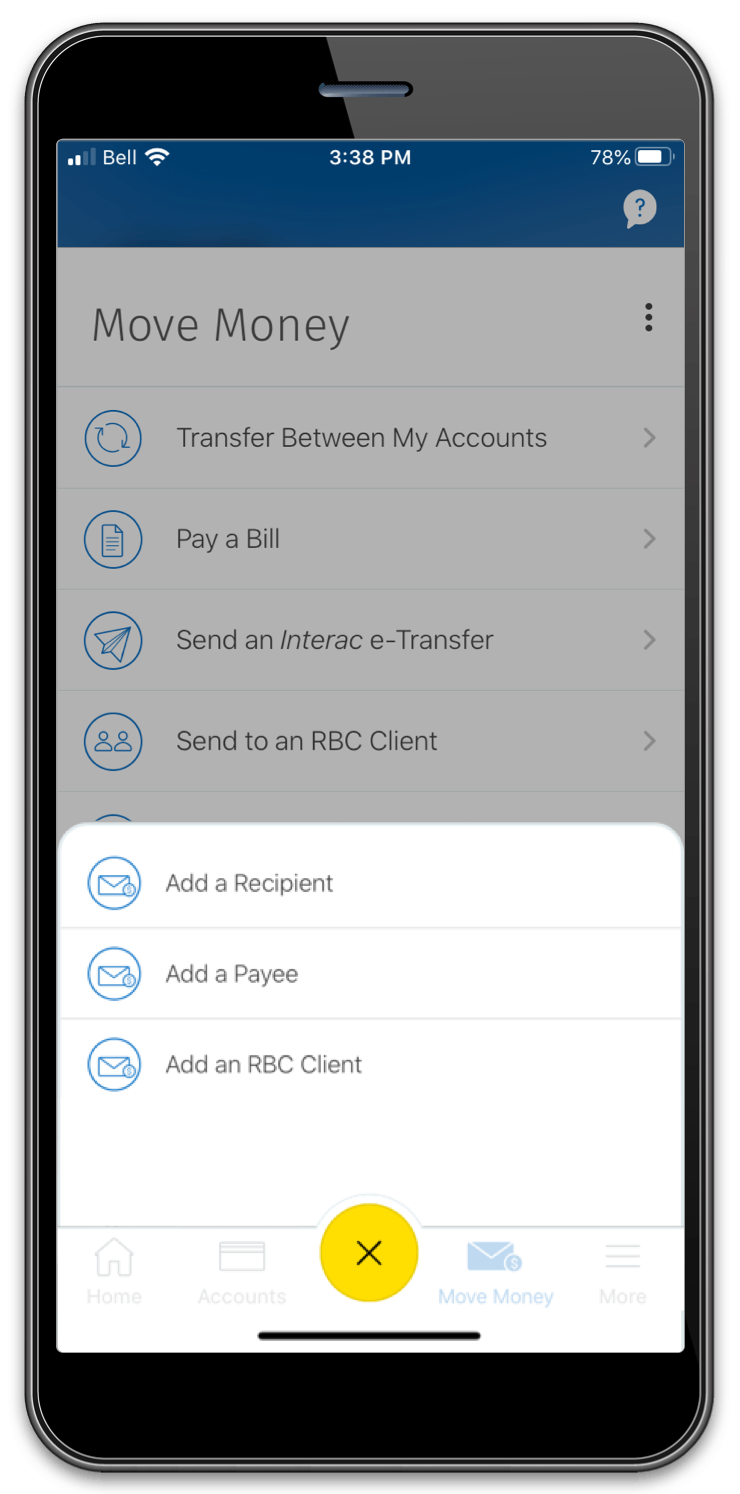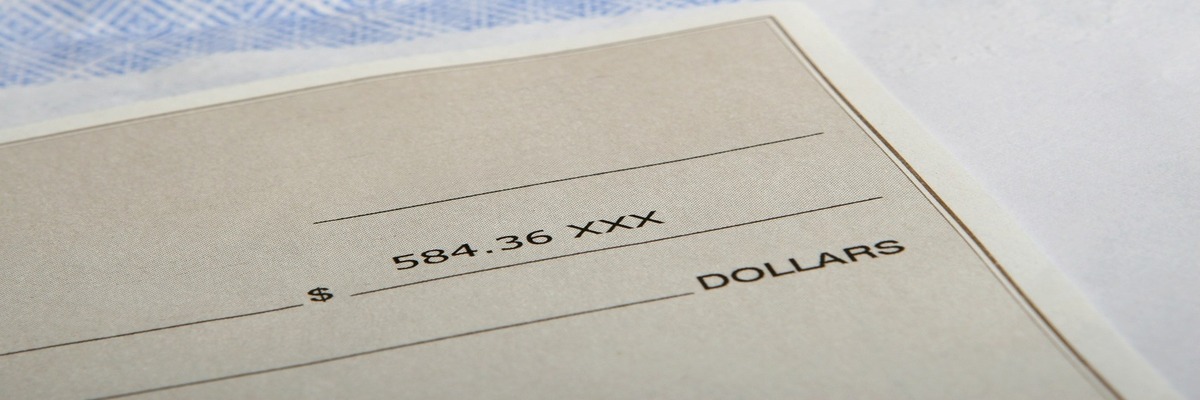Cash Cheque Online
Cash a check with Ingo Money and, if your check is approved, get your money in minutes in your bank, prepaid card or PayPal account, buy an Amazon.com Gift Card, pay credit card bills or pick up cash at a MoneyGram agent location. No check cashing lines. Cash a Check service in the PayPal app allows you to cash checks and have them credited to your PayPal Cash Plus account, using the PayPal app on your mobile device. You simply take a picture of the check you want to cash, and send it to us for review. If your check is approved, you have the option to pay a fee and get your money credited to. Once accepted, mark the back of the cheque as 'deposited‘ and keep the original paper cheque for 10 days, until its status reads ‘Funds available’ in the Deposit History tab. Then destroy the cheque(s) - tearing or shredding are good ways to do this securely. The cheque imaging process is quicker than the traditional system. Cheques deposited before 10pm on a working day will be available by 11:59pm the next working day, provided the cheque has not bounced. You can see when money is added to your account by using the HSBC UK Mobile Banking app.
/Balance_Pay_To_Cash_Checks_315313_V3-74332e1e27cf4ba48c7cc043660d07ce.png)
Anti-money laundering regulations require that we are able to prove your identity. To ensure a speedy transaction it would help if you brought the following:

- Photo ID (current passport or drivers licence)
- Utility Bill (dated within the past 3 months)
- Any documentation that came with the cheque (if applicable)
Do not be offended if we ask you a series of questions related to your cheque; all of the information is used to help us cash your cheque for you.
If you are not able to produce sufficient ID, we will still do our best to say “yes!” and cash your cheque, however the process may take slightly longer, and you may be asked additional personal questions.

Our cheque cashing service instantly turns your cheque into cash, with an unbeatably low rate of 5.9%, and £2.99 item fee. Your £100 cheque becomes £91.11! Minimum fee £4.99.
While we endeavour to cash every cheque, there is no guarantee your cheque will be cashed until we are presented with the cheque, confirm your identification, conduct our checks and have the necessary information to proceed with the transaction. We also endeavour to pay out all cheques in full (after fees) on the spot, however part payments on the day may occur depending on cash holdings and/or the need to place cheques on bank clearance prior to payout. Full payout will be made as soon as possible thereafter. We reserve the right to refuse any cheque.
© Joe Raedle/Getty Images 4 Ways to cash a check without a checking accountIf you have a checking or savings account at a federally insured bank, you should have no trouble cashing a check there.
But for the millions of people without a bank account, check cashing is not as easy. Approximately 8.4 million U.S. households, comprising 14.1 million adults, don’t have a bank account, according to a 2017 survey from the Federal Deposit Insurance Corporation.
There are ways to cash a check without a bank account, but they cost more money, often require more time and involve more risk than check cashing at a bank where you have an account. Here are five options:
1. Check cashing at the issuing bank
Banks and credit unions are not required to cash checks for non-customers, but many banks will cash a check payable to a non-customer if the check is written by an account holder at that bank.
There are a few requirements though. For one, there must be enough money in the account the check is written against to cover the check. The payee will need to show identification, such as a driver’s license or military ID.
The payee also should expect to pay a fee. Check-cashing fees at traditional banks hover around $8. If you get paid 52 weeks a year, that’s $416 in check-cashing charges.
And there may be restrictions, such as limits on check amounts and refusal of two-party personal checks. Checks that are six months old or more might be declined.
2. Check cashing at a retailer
There are a number of big retail stores like Kmart, Walmart and grocery chains that offer check-cashing services.
The least expensive option is probably Kmart, if you can find one that hasn’t closed. The struggling retailer charges only $1 or less to cash checks, including two-party personal checks up to $500. The caveat is that you need to be a member of the store's 'Shop Your Way' program to use the service. Joining the program is free.
Walmart charges $4 to cash checks up to $1,000 and up to $8 for checks more than that amount. Walmart also cashes two-party personal checks, but it limits them to $200 and charges a $6 max fee.
Grocery chains often provide check-cashing services. Kroger, Publix, Giant Eagle, Albertsons and Ingles, to name a few, cash checks. Fees typically range from about $3 to $6.
3. Loading funds onto a prepaid debit card
Cash Money Cheque Cashing

Video: 5 Things To Downsize Before You Retire (GOBankingRates)
People who don't have bank accounts sometimes use prepaid cards to deposit checks and access their cash. Prepaid cards are similar to checking account debit cards. Your spending is limited by how much money you have loaded onto the card.
Prepaid cards have different options for check cashing. Some prepaid cards let you set up direct deposit so that checks are automatically loaded onto the card. Other cards come with an app that lets you snap a picture of your check to load it onto your card. Or, you might be able to deposit your check at an ATM to load the money onto the card.
Fees are a big drawback of prepaid cards. The Walmart MoneyCard charges $2.50 to withdraw money at an ATM (not including the fee the bank charges) or a bank teller window, and 50 cents to check your card balance at an ATM. There is a monthly fee of $5.94 unless you load $1,000 a month onto the card.
Reload fees can be steep. It can cost you up to $5.95 to add money to a Green Dot Prepaid Visa card. Green Dot also charges a $3 ATM fee. Sometimes, prepaid card fees are scaled according to how quickly you want your money, and you can get dinged for expedited availability.
4. Cashing your check at a check-cashing outlet
Check-cashing outlets are probably the most expensive places to cash checks. Some of them require customers to become “members” or to buy check-cashing ID cards before they will cash your checks. In addition to a membership fee, they might charge a first-time use fee.
Fees to cash a check can range from 1 percent to 12 percent of the face value of the check. That means you could pay from $10 to $120 to cash a $1,000 check. Some businesses charge a flat fee on top of the percentage.
The average face value of a check presented to a check-cashing outlet is $442.30, with the average fee to cash that check being $13.77, or about 3.1 percent, according to the FDIC. If that’s your paycheck and you cash it every week, you’ll pay $55.08 a month, or $661 a year, in check-cashing fees
Not only are check-cashing stores exorbitantly expensive, there is a risk of deceptive practices. The Better Business Bureau, for example, alerts consumers to a scam whereby customers of a check-cashing store are called by someone who claims to represent the business. The caller offers the customer a loan and requests payment to secure the loan. Of course, the loan is never received and the customer of the check-cashing store gets scammed out of some cash.
Check-cashing stores should be your last resort.
5. Sign your check over to someone you trust
Another way to cash a check if you don’t have a bank account is to sign the check over to someone you trust who does have a bank account and have that person cash the check at their bank.
Cash Cheque Online Santander
Make sure the person you want to sign it over to is willing to cash the check, and that his or her bank will cash it. You should accompany your trusted friend to the bank in case the teller requires your ID or has questions about the check.
The person must have the proper identification and be prepared to have his or her check dinged by a check-cashing fee. There is also a personal and financial safety risk. Paper checks and cash can be lost or stolen.

Bottom line
Turning that paper check into cash in your hands is trickier if you don’t have a bank account. Unlike the consumer who has a bank account and direct deposit of their income, unbanked consumers almost have to plan ahead to cash their checks and access their money.
It’s fairly easy to find a bank or other business that will cash your check if you don’t have a bank account. But there will be fees and restrictions. And there are risks associated with carrying checks and cash.
Cash Check Online App
The best way to cash checks is by opening a checking or savings account at a federally insured bank or credit union, then setting up direct deposit of your payroll check, tax refund, pension benefit and other income. Not only is it safer and easier, it will cost you less.